ARTIST TALK
IOANA NEMES
A TRADUCE TIMPUL: PLUSURI SI MINUSURI
Ioana Nemes (n.1979) este unul dintre cei mai apreciati si expusi artisti romani ai ultimilor ani. Printre bienalele la care a participat se numara Bienala de la Istanbul (2009), U-Turn Copenhaga (2008), Bienala de la Praga (2007) si Bienala de la Bucuresti (2006). Recent a prezentat Relics for the Afterfuture (Brown) – o serie de sculpturi care analizeaza ritualurile traditionale romanesti – la Jiri Svestka Berlin. Traieste si lucreaza la Bucuresti.
Proiectul Evaluari Lunare dateaza din 2001 si este inextricabil legat de intimplarile care au dus la descoperirea vocatiei de artist. Pentru ca Ioana Nemes a fost jucatoare profesionista de handbal pina cind o accidentare la genunchi a pus capat carierei de sportiva. Abia apoi a luat decizia de a fi artist. O intreaga lume i s-a deschis dinainte, si pentru a avea o perspectiva si control asupra ei, Nemes a inceput lucrul la proiectul The Wall pe peretele sufrageriei din micul apartament in care traia impreuna cu mama si fratele geaman. Peretele a fost impartit in doua sectiuni, una documentind aspiratiile si proiectele inca nerealizate ale artistei, cealalta fiind o cronica a aspiratiilor implinite si a proiectelor realizate. Fiecare mutare dintr-o parte in alta a peretelui era documentata printr-o fotografie si arhivata.
In 2004, s-au intimplat doua lucruri esentiale pentru evolutia proiectului: Wall Project a fost expus intr-o galerie si Nemes s-a mutat din apartament. Aceste evenimente au avut impact asupra experimentului, care a ajuns sa se concentreze din ce in ce mai mult in jurul ideii de timp si de cum poate acesta sa fie facut vizibil. Nemes a devenit extrem de interesata de ideile scriitoarei britanice Virginia Woolf si de felul in care aceasta intelegea timpul, de naratiunea lui John Fowles si de teoriile despre culori ale psihologului elvetian Max Luscher. Din toate aceste influente si intimplari a luat fiinta proiectul Evaluari Lunare. Ioana Nemes si-a creat un sistem de masurare prevazut cu cinci parametri: fizic (F), emotional (E), intelectual (I), finaciar (F) si al destinului (D). Din 2005, fiecare zi din viata ei este evaluata conform acestor parametri, dupa care ii este alocata o culoare si un citat sau citeva cuvinte inainte de a fi arhivata alaturi de celelate zile.
Atunci cind proiectul este expus intr-o galerie, Nemes reflecta asupra celorlalte lucrari din expozitie si a conceptului curatorial, dupa care cauta prin arhiva si alege o selectie de zile. Acestea sunt mai apoi transformate in desene pe perete sau obiecte de plastic ce aduc a lespezi funerare.
Chiar daca premisa de inceput a Ioanei Nemes reprezinta un demers autobiografic, Evaluari Lunare a ajuns sa descrie o experienta generica legata de munca, ambitie, progres si fericire. Proiectul militeaza pentru conceperea unei identitati, care, in loc sa ramina statica, este in permanenta slefuita si modificata in functie de optiunile si oportunitatile care apar. Este punctul de plecare pentru privirea critica pe care Nemes o are vis-à-vis de imprejurarile in care este un jucator: expozitii, scena de arta si noua Europa.
In cadrul artist talk-ul de la PAVILION UNICREDIT Ioana va prezenta contextul si motivele care au dus la aparitia si dezvoltarea proiectului Evaluari Lunare – un experiment ce isi propune sa vizualizeze cu ajutorul culorilor si cifrelor timpul scurs in decursul unei luni.
http://ioananemes. tumblr.com
Imagine: “Positive & Negative”, 2004. Courtesy of the artist
—
Thursday, March 11, 2010, 19:00
ARTIST TALK
IOANA NEMES – TRANSLATING TIME: LOSSES AND GAINS
Ioana Nemes (b.1979) is one of the most acknowledged and exhibited Romanian artists of her generation. She participated, among other shows, in Istanbul Biennale, (2009), U-Turn Copenhagen (2008), Prague Biennale (2007) and Bucharest Biennale (2006). Recently she exhibited Relics for the Afterfuture (Brown) – a series of sculptures scrutinizing lost Romanian traditional rituals – at Jiri Svestka Berlin. She lives and works in Bucharest.
Ioana Nemes’s project Monthly Evaluations goes back to 2001 and is inextricably linked to the events which led to the discovery of her artistic vocation. For Nemes was a professional handball player until an injury put an end to her career and she decided to be an artist. A new world opened to her and to get a perspective on it, she developed The Wall Project on the dining room wall of the small flat she shared with her mother and twin brother. The wall was divided into two sections, with one side chronicling Nemes’s aspirations and unrealized projects while the other chronicled aspirations that had been met and projects that had been realized. Every time a slip was moved from one side to the other, Nemes took a photo and archived it.
In 2004, two things happened that were key to the project: The Wall Project was shown in a gallery, and Nemes moved out of the flat. These events had an impact on the project, which came increasingly to be focused around how time might be made visible. Nemes developed a strong interest in the British writer Virginia Woolf’s understanding of time, John Fowles’ narrative and the Swiss psychologist Max Lüscher’s ideas about colour, and out of this came Monthly Evaluations. Nemes developed a system with five parameters: physical, emotional, intellectual, financial and the luck factor. Since 2005, each day has been evaluated against these parameters; it is allocated a colour and a quotation or a saying before being archived along with all the other days.
When Monthly Evaluations goes on show, Nemes ponders all the other works to be shown in the exhibition and its overarching idea, and subsequently goes through her archive, plucking out a small clutch of days. These are then translated into murals or plastic objects that resemble funerary stones.
Even though Nemes’s starting premise is her own self-realization project, Monthly Evaluations describes a more generic experience which relates to work, ambition, progress and happiness. The project argues for a conception of identity, which, rather than remaining static, is something the individual is continually shaping on the basis of the options and opportunities that present themselves. This is the starting point for Nemes’s critical stance vis-à-vis the settings in which she is a player: exhibitions, the wider art scene and the new Europe.
Within the artist-talk at PAVILION UNICREDIT, Ioana Nemes will explain the context and the reasons that led to the emergence and development of the Monthly Evaluations project – an experiment attempting to render visible (via colors and numbers) the time elapsed throughout a month.
Image: “Positive & Negative”, 2004. Courtesy of the artist .
— PAVILION UNICREDIT center for contemporary art & culture
Sos. Nicolae Titulescu 1 (Piata Victoriei) Bucharest 011131 Romania T: + 4 031 103 4131 E: pavilion@pavilionma gazine.org www.pavilionunicred it.ro
Facebook: www.facebook. com/pavilionjour nal
— PAVILION UNICREDIT este un centru pentru arta si cultura contemporana, un spatiu independent work-in-progress, spatiu de productie si cercetare a vizualului, a discursivului si a performativului. Este un spatiu al gandirii critice care promoveaza o întelegere implicata socio-politic a artei si a institutiilor culturale.
PAVILION UNICREDIT is a center for contemporary art & culture, a work-in-progress independent space, a space for the production and research in the fields of audiovisual, discursive and performative. It is a space of the critical thinking, and it promotes an artistic perspective implying the social and political involvement of the art and of the cultural institutions.
—
This is a project by PAVILION – journal for politics and culture.
www.pavilionjournal .org
— PAVILION, BUCHAREST BIENNALE and PAVILION UNICREDIT are projects devised and founded by Razvan Ion and Eugen Radescu
—
Supported by: UniCredit Tiriac Bank
Strategic partner: Pilsner Urquell
Partners: Center for Visual Introspection, Tanga Project, ADD, Paradis Garaj, laBomba, Romanian Cultural Institute, Austrian Cultural Forum,
Media partners: Afterall, Framework, Radical Philosophy, Springerin, Radio Romania Cultural, 22, Alternativ.ro, Feeder.ro, 24Fun, Modernism.ro, Arhitectura
Production partner: UpDate Advertising
Printing partner: First Advertising Agency
Audio-visual partner: Sony


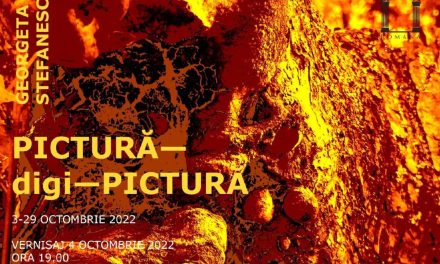

![TRIUMF AMIRIA. Muzeul Culturii Queer [?] prezintă festivalul de literatură queer CONTRAR AȘTEPTĂRILOR // AGAINST EXPECTATIONS](https://www.modernism.ro/wp-content/uploads/2022/03/Contrar-Asteptarilor-440x264.jpeg)



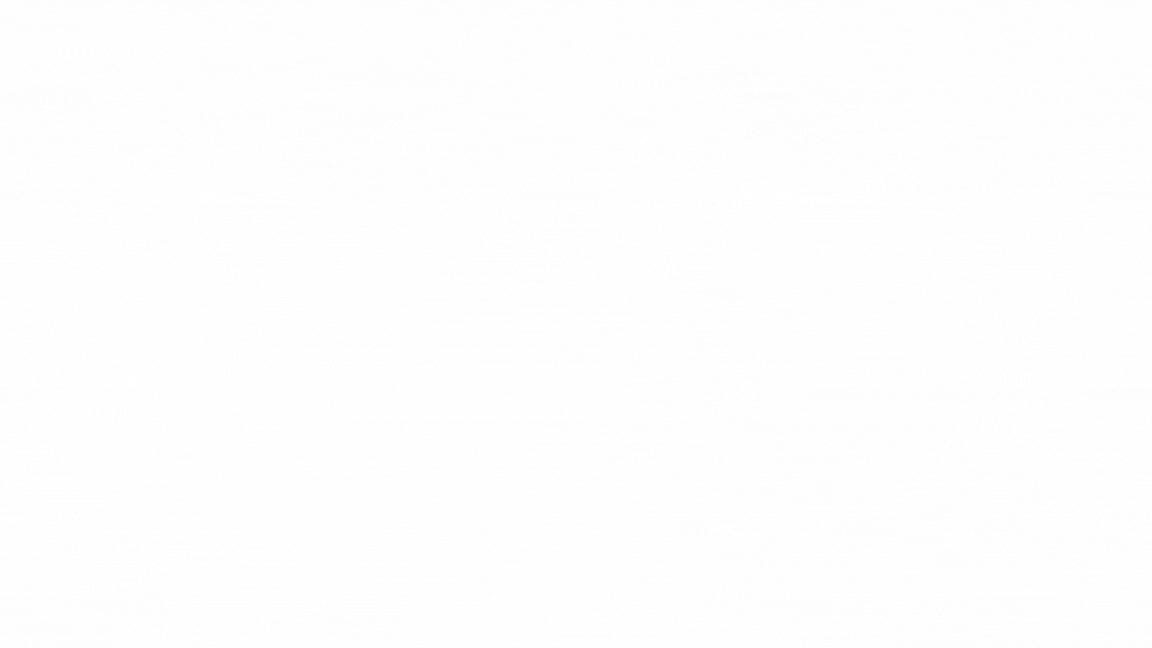
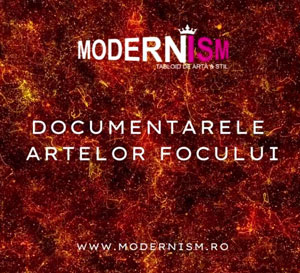
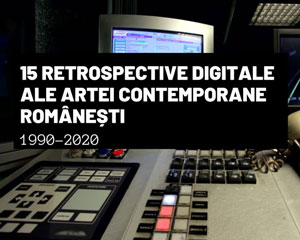
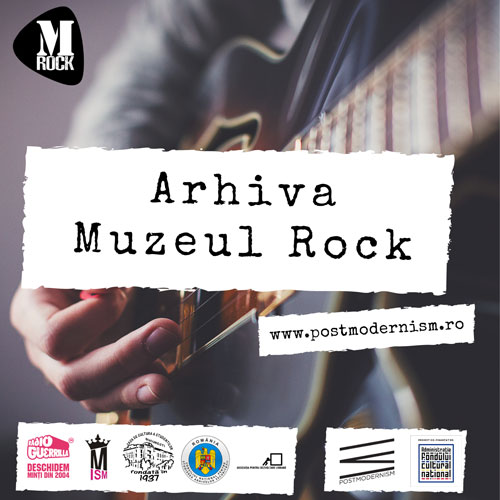
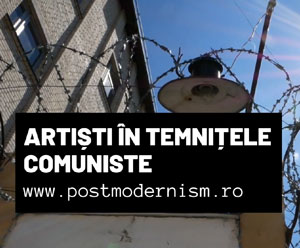
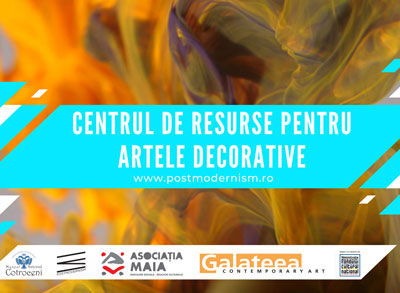
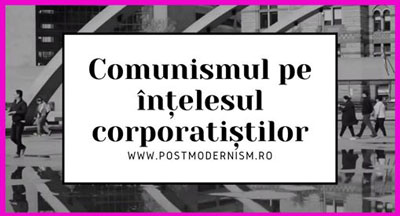
Recent Comments